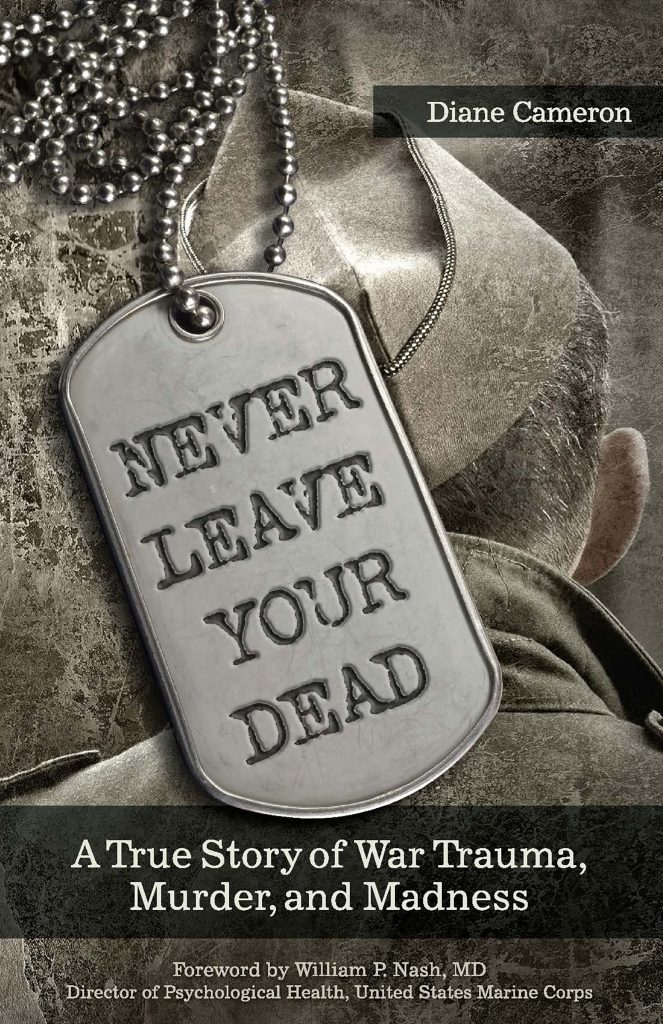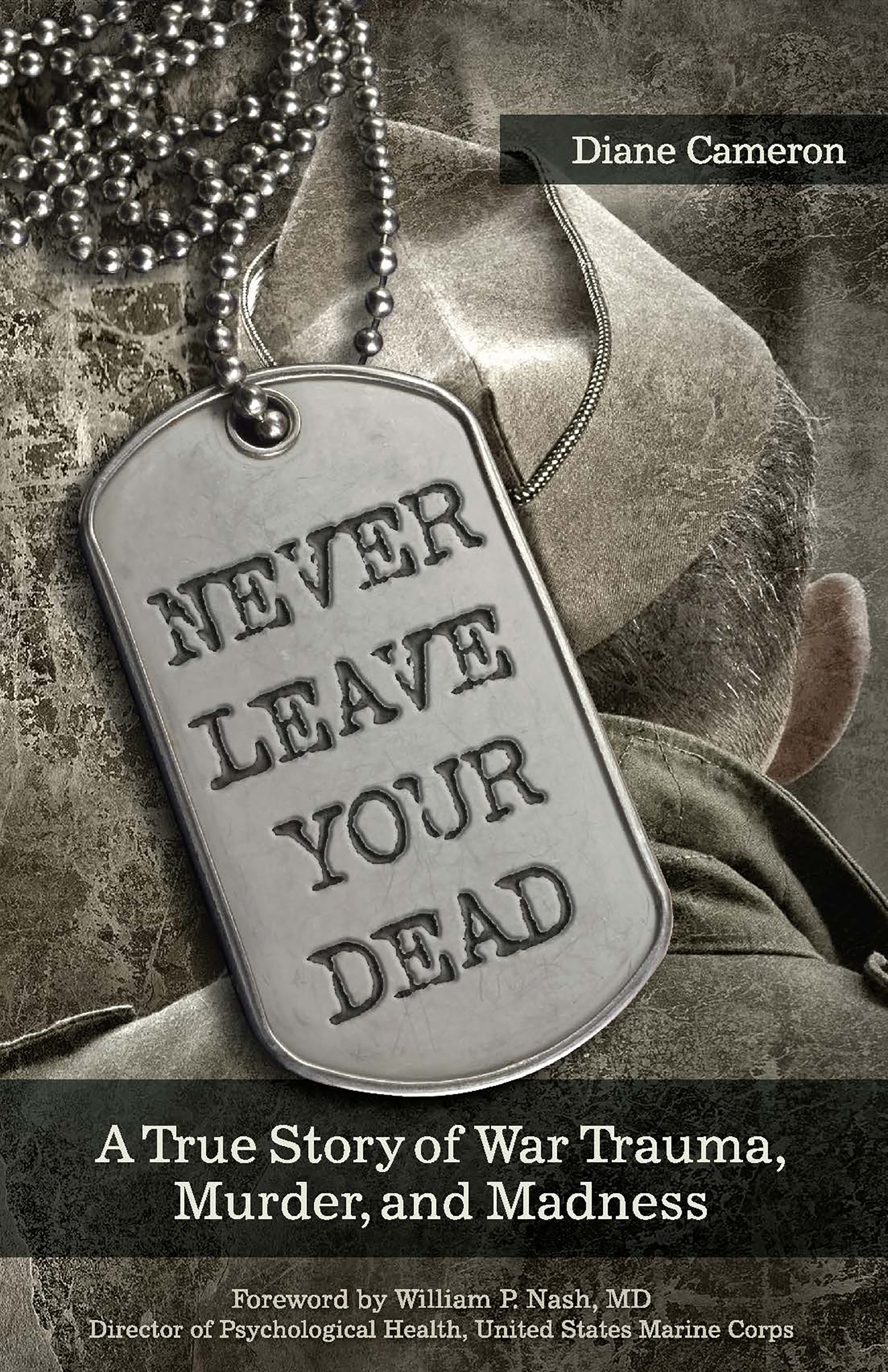 In honor of all Veterans, please enjoy this special Guest Blog Post—From Diane Cameron, author of Never Leave Your Dead.
In honor of all Veterans, please enjoy this special Guest Blog Post—From Diane Cameron, author of Never Leave Your Dead.
What I learned about how to heal from a group of old guys.
I’ve had many teachers in my life: school teachers, professors, athletic coaches, therapists and life coaches. But perhaps my greatest teachers were a group of elderly men who had little formal education but who had extraordinary life experiences.
Those men happened to be veterans, and United States Marines.
I was writing a book about military trauma when my research led me—so surprisingly- to a hotel room in St. Louis, Missouri, where I was sitting in a circle. with a dozen men in their nineties who had served in the United States Marine Corps, and who had survived the worst torture, isolation and trauma.
These men, “my guys”, were United States China Marines, who served in China from 1937 to 1941. They were there when Japan invaded China and they were there when World War II began, and they got stuck there as prisoners of war.
Then they—the survivors—came home and had to make and remake civilian lives.
And then they got old. They had to survive that too.
The reason I had been studying them for years was to understand how they survived so much trauma. How were they still alive and active and vibrant and still interested and curious about life.
Here’s what I learned:
These men, United States China Marines, survived terrifying years in pre-World War II China and also being prisoners of war in the Philippines after the war began, by being a team. They worked together, fought together, even stole and lied and did whatever they needed to survive–together.
That sense of team and togetherness kept them alive when they got home—sometimes the hardest thing for veterans. No, they didn’t move in together and many didn’t live in the same city or even the same state, but they stayed in tough—first by writing, then calling and later by emails and always—every year—by reunions. Each year the surviving Marines met up in a reunion is a US city and spent four days visiting, talking, eating and drinking, and planning some advocacy work they could do together.
 That was their other healing factor: they worked to help other Marines, younger Marines, they advocated for Marine’s rights, benefits and services. They volunteered, and they did service.
That was their other healing factor: they worked to help other Marines, younger Marines, they advocated for Marine’s rights, benefits and services. They volunteered, and they did service.
But perhaps what struck me most was the over-the-top, silly, sometimes off-color humor they exuded. These are old guys when I met them, yes, and they knew every corny old-guy joke you’ve ever heard. And they laughed a lot and made people around them laugh. Compensation? Yeah, probably, but a lot of light too. And maybe you insist on light when you have seen the darkest of the dark in your fellow humans?
These men were not without pain. As a result of being prisoners of war they’d had scurvy, and beriberi, and sun blindness, and skin cancer, bone deformities and chronic illnesses galore. Many had serious depression, anxiety, and so many debilitating leftovers from their war trauma. They had limbs that didn’t work and pains from both war trauma and from having old bodies, but they worked, volunteered, laughed and loved.
Here are some of the big lessons I got from these men:
They intuitively understood what we are just now learning about trauma and what today’s research is showing us. What works with trauma is not medication or psychotherapy but rather things that all of us can incorporate into our lives:
- Create a feeling of safety
- Be in community and relationship—not just being a couple or a family but part of a bigger community. A neighborhood group, twelve step program, dharma group or even team or club—regular contact with the same people where you build trust.
- Engage in rhythmic physical activities that regulate the brain stem: marching, drumming, singing, swimming etc.
(Nelson Mandela said that boxing healed his trauma after being a prisoner because it reset his medial prefrontal cortex. Boxing requires total mindfulness and interoception—physical self-awareness.)
The two most important lessons I learned about trauma from “my” China Marines:
First, trauma is not the terrible thing that happens to you, but what is left inside of you because it happened. And second, if something terrible happens to you, that is not the story. How you survive and how you love and are loved again is the story.
Additional reading from Diane:
This post contains affiliate links. For more information visit my Affiliate Disclosure page.





